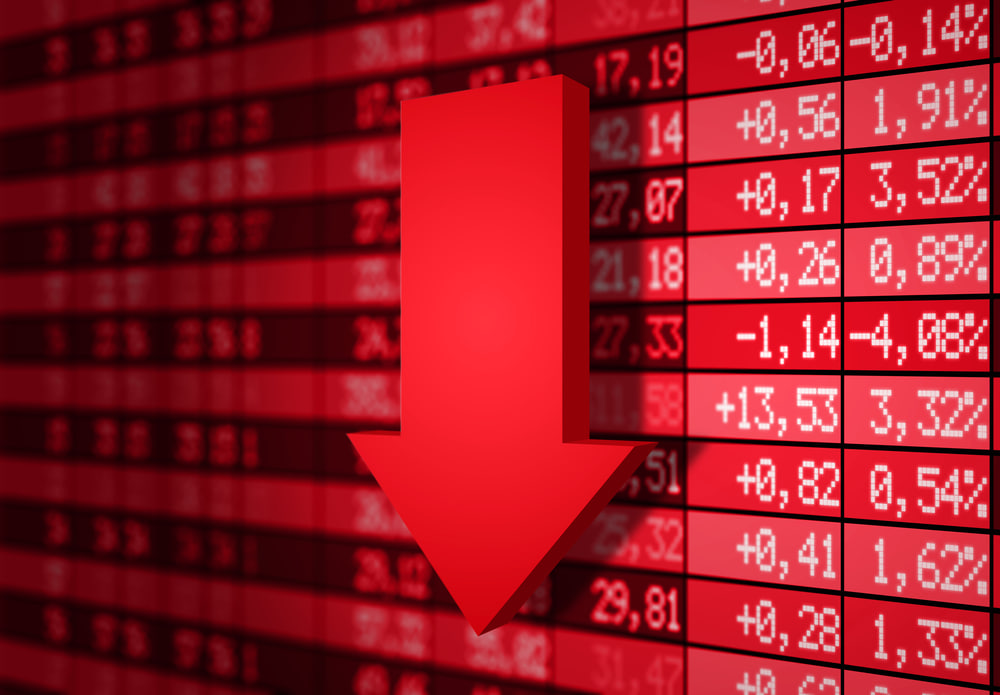Elon Musk's War on the CFPB: A Deep Dive into Regulatory Reform
Meta Description: Elon Musk, CFPB, regulatory reform, financial regulation, consumer protection, Dodd-Frank Act, Elizabeth Warren, Trump administration, government efficiency, banking regulation.
Imagine this: A billionaire tech mogul, renowned for his disruptive innovation and bold pronouncements, publicly calls for the dismantling of a powerful federal agency. This isn't a scene from a Hollywood blockbuster; it's the real-life clash between Elon Musk and the Consumer Financial Protection Bureau (CFPB). Musk's recent pronouncements on X (formerly Twitter) aren't just fleeting tweets—they reflect a larger, ongoing debate about the role and reach of government regulation in the American financial system. This isn't just about personalities; it's a battle over the future of consumer protection, the efficiency of government, and the delicate balance between economic growth and responsible oversight. Digging deeper, we uncover a complex web of political ideologies, historical context, and potentially far-reaching consequences for consumers and businesses alike. This isn't just another news story; it's a pivotal moment in the ongoing evolution of American financial regulation, a conversation that demands our attention and understanding. Prepare to unravel the complexities surrounding Musk's call to action, exploring the history, the players, and the potential ramifications of this high-stakes showdown. We'll delve into the arguments for and against the CFPB's existence, examining the potential impacts of its elimination or significant reform. Get ready for a comprehensive, insightful analysis that goes beyond the headlines.
The CFPB: A Deep Dive into the Controversy
The Consumer Financial Protection Bureau (CFPB), the agency Elon Musk wants to see gone, wasn't born overnight. Its creation stemmed from the ashes of the 2008 financial crisis, a period of widespread economic turmoil and regulatory failures. Senator Elizabeth Warren, a prominent figure in the debate, played a pivotal role in advocating for its creation. She, along with many others, argued for stronger consumer protections and greater accountability within the financial industry. The CFPB, established under the Dodd-Frank Wall Street Reform and Consumer Protection Act, was designed to be a powerful watchdog, overseeing banks, credit unions, and other financial institutions to prevent predatory lending practices and protect consumers.
However, from its inception, the CFPB has been a lightning rod for controversy. Critics, many aligned with the Republican party, argue that it's overly bureaucratic, stifles innovation, and imposes excessive burdens on businesses. They contend that the agency’s regulations hinder lending and economic growth. They point to instances where the CFPB's actions have resulted in increased costs for consumers or limited access to credit. The "Project 2025" initiative, backed by conservative think tanks like the Heritage Foundation, advocates for its dismantling, emphasizing its alleged overreach and inefficiency.
Conversely, supporters of the CFPB argue it's a crucial safeguard for consumers, protecting vulnerable individuals from exploitative practices. They highlight the agency's success in recovering billions of dollars for consumers through enforcement actions. They cite instances where the CFPB has intervened to prevent widespread financial harm and ensure fair treatment within the financial system. They also argue that eliminating the CFPB would leave a regulatory vacuum, potentially leading to a resurgence of predatory lending and financial instability.
The Musk-Warren Showdown: A Clash of Ideologies
The feud between Elon Musk and Elizabeth Warren adds a fascinating dimension to this debate. Their public disagreements have extended beyond the CFPB, encompassing a range of policy issues and reflecting fundamentally different views on the role of government and the regulatory landscape. Warren, a champion of consumer protection and robust government oversight, represents the opposite end of the spectrum compared to Musk, who champions deregulation and minimal government intervention.
Their contrasting viewpoints underscore the broader political polarization surrounding the CFPB and financial regulation in general. Musk's call to abolish the CFPB is not an isolated incident. It aligns with a broader conservative push to reduce the size and scope of government regulation. This ideological clash is playing out in the political arena, shaping the future of financial oversight in the United States.
The Role of the CFPB in Protecting Consumers
The CFPB’s core responsibility is to protect consumers from unfair, deceptive, or abusive practices in the financial marketplace. This involves enforcing laws related to credit cards, mortgages, student loans, and other financial products. The agency conducts investigations, brings enforcement actions against financial institutions, and educates consumers about their rights.
Key functions of the CFPB include:
- Enforcement: Investigating and prosecuting financial institutions that violate consumer protection laws.
- Rulemaking: Issuing regulations to ensure fair and transparent financial practices.
- Consumer Education: Providing resources and information to help consumers make informed financial decisions.
- Supervision: Monitoring the activities of financial institutions to identify and address potential risks.
The effectiveness of these functions is, however, a subject of ongoing debate.
Alternative Approaches to Financial Regulation
If the CFPB were to be eliminated, the question arises: what would replace it? Proposals range from assigning its responsibilities to existing agencies like the Federal Trade Commission (FTC) or the Federal Reserve to creating a completely new regulatory structure. Each option presents its own set of challenges and potential drawbacks.
For example, distributing the CFPB’s functions among existing agencies might lead to fragmentation and lack of coordination. Creating a new agency could entail significant costs and delays, potentially leaving a regulatory gap for a considerable period. The debate over alternative approaches highlights the complexities involved in reforming or replacing a significant regulatory body.
The Impact of Deregulation on Consumers and Businesses
The potential consequences of eliminating or significantly weakening the CFPB are far-reaching. Deregulation could lead to a decrease in consumer protection, potentially exposing vulnerable individuals to predatory lending practices and financial exploitation. On the other hand, some argue that deregulation would stimulate economic growth by reducing compliance costs for businesses and increasing access to credit. The debate continues to rage about this crucial point.
Frequently Asked Questions (FAQs)
Q1: What are the main criticisms of the CFPB?
A1: Critics argue the CFPB is overly burdensome on businesses, stifles innovation through excessive regulation, and its actions sometimes lead to reduced credit availability and higher costs for consumers. Some also criticize its perceived political bias and lack of transparency.
Q2: What are the main arguments in favor of the CFPB?
A2: Supporters highlight its role in protecting consumers from predatory lending, recovering billions for consumers through enforcement, and preventing widespread financial harm. They argue it provides an essential check on the power of large financial institutions.
Q3: What is "Project 2025"?
A3: Project 2025 is an initiative by the conservative Heritage Foundation that outlines a plan for the incoming Trump administration to reshape the federal government, including eliminating or significantly reforming the CFPB.
Q4: What would happen if the CFPB were abolished?
A4: Its responsibilities would likely be distributed among other agencies, potentially leading to fragmentation and a weakened consumer protection framework. Alternatively, a new agency could be created, but this would require significant time and resources.
Q5: How does the CFPB's role relate to the Dodd-Frank Act?
A5: The Dodd-Frank Act created the CFPB as a key component of its efforts to strengthen consumer protection and prevent future financial crises. The CFPB is responsible for enforcing various provisions of the Dodd-Frank Act related to consumer finance.
Q6: What is Elon Musk's stance on the CFPB, and why?
A6: Elon Musk has publicly called for the CFPB's elimination, citing concerns about excessive regulation and bureaucratic inefficiency. His views align with a broader conservative push for deregulation.
Conclusion
The debate surrounding the CFPB is far from over. Elon Musk's public call for its abolition has injected new energy into this long-standing controversy, highlighting the deep ideological divisions surrounding financial regulation and the role of government in the economy. The future of the CFPB will depend on the interplay of political forces, economic conditions, and ongoing public debate about the balance between consumer protection, economic growth, and efficient government. The implications of any decision will be far-reaching, affecting consumers, businesses, and the broader financial landscape for years to come. The conversation continues... and it's one we should all be paying close attention to.



